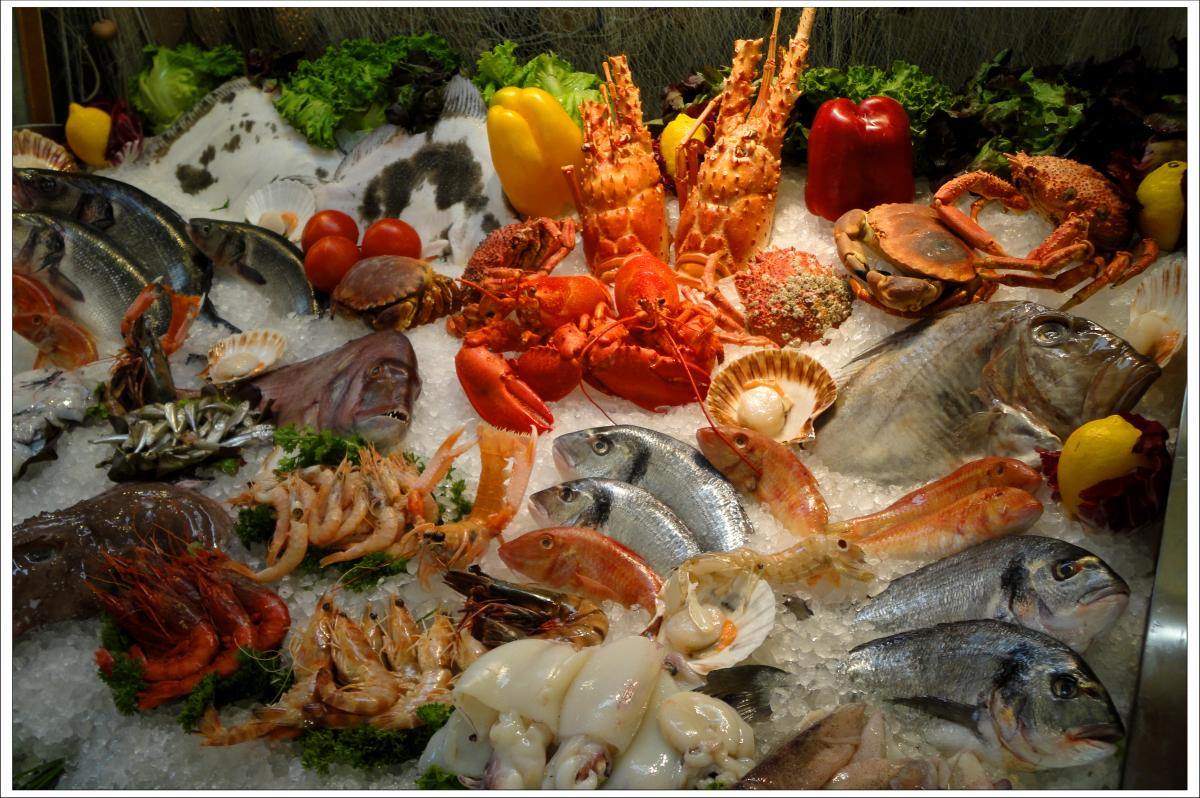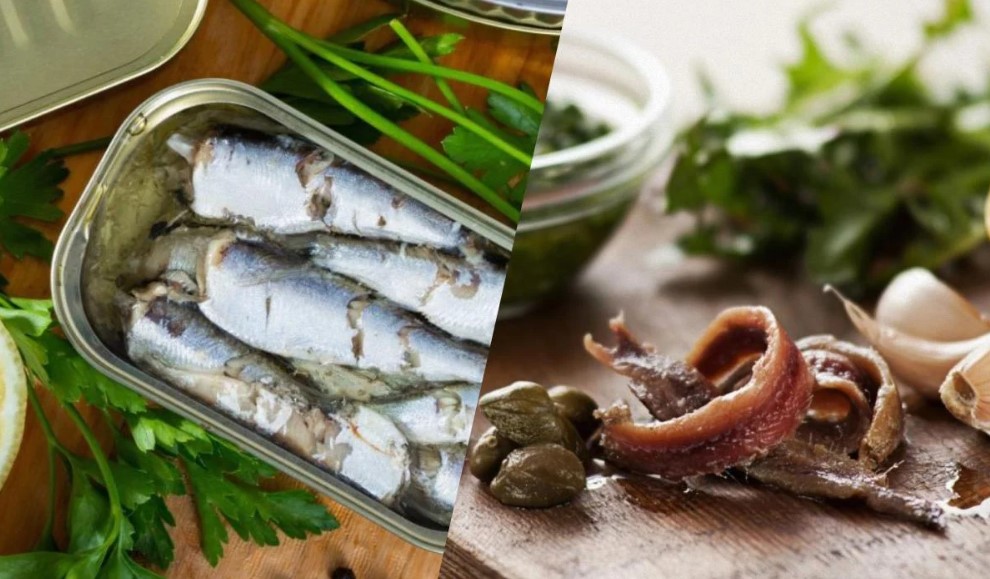In the fight for a healthy diet, you should not forget about seafood, because they are a source of irreplaceable nutrients.
Seafood is rich in nutrients such as protein, B12, iron, selenium, zinc, and vitamin D that are typically lacking in the human diet. Seafood is also a major dietary source of the omega-3 fats eicosapentaenoic acid (EPA) and docosahexaenoic acid (DHA).
Health magazine writes that EPA and DHA have a powerful anti-inflammatory effect on the body and help prevent cell damage that could otherwise lead to disease. Studies also show that regular consumption of seafood can reduce the risk of developing diseases such as colon cancer and heart disease.
These tiny fish are packed with nutrients like protein, iron, vitamin E, selenium, B12 and calcium. They are also an excellent source of the anti-inflammatory omega-3 fats EPA and DHA. Sardines are so rich in omega-3s that researchers suggest that eating more sardines may reduce the need for omega-3 supplements.
In addition to omega-3s, sardines contain other cardioprotective nutrients like calcium, magnesium, potassium, and amino acids like taurine and arginine.
Mackerel contains nutrients such as B12 and selenium, with a 3-ounce serving containing 675% and 78% of these nutrients, respectively. B12 is necessary for red blood cell production, neurological function, metabolism and DNA synthesis, while selenium plays an important role in immune and thyroid function and acts as a powerful antioxidant in the body.
Mackerel is also a good source of magnesium, which is needed for important processes such as nerve function, DNA synthesis, blood sugar and blood pressure regulation, stress response, and bone health. One serving above provides 20% of your daily magnesium needs.
Herring, like sardines and mackerel, is rich in omega-3. In addition to omega-3s, herring is rich in vitamin E, vitamin D, and B12, as well as minerals such as selenium, iodine, calcium, and iron, according to research.
Shellfish are low in mercury and high in essential vitamins and minerals such as B12. A 3-ounce serving of cooked clams provides over 3,000% of the daily value of vitamin B12, making them an excellent source of this all-important vitamin. Shellfish are also rich in minerals such as zinc and selenium, which are essential for immune function.
Trout is an oily fish that contains omega-3 fatty acids and fat-soluble vitamins, such as vitamin D, which aids in the absorption of calcium, which is essential for maintaining bone health. It also regulates inflammatory processes in the body, supports immunity and plays many other important roles in the body.
A 3-ounce serving of cooked trout contains 645 international units (IU) of vitamin D, or 81% of your daily value, making it a great choice for people looking for natural ways to boost their vitamin D levels. In addition to vitamin D, trout is rich in protein , zinc, selenium and B12.
Oysters are packed with nutrients, including protein, omega-3 fats, B12, selenium, zinc, and copper. A 100-gram portion of oysters covers more than 100% of the daily requirement of B12, zinc and copper and more than 50% of the need for selenium. They are also rich in iron, making them a good choice for people with increased iron needs, such as those with iron deficiency anemia.
Oysters are low in calories but high in protein, which is the most satiating macronutrient. A 3-ounce serving of oysters contains only 126 calories, but still has nearly 22 grams of protein.
Salmon is an excellent source of nutrients: a 154-gram serving of wild salmon contains 21%, 85%, 131%, 196% and DV of potassium, B6, selenium and B12, respectively. The same serving contains 39 grams of protein, making it particularly filling among seafood.
In addition to vitamins, minerals and protein, salmon contains a large amount of omega-3 fats DHA and EPA, as well as the powerful antioxidant astaxanthin, which is a carotenoid pigment that gives salmon its reddish color. Astaxanthin has cell-protective properties, so eating foods rich in astaxanthin can protect against cognitive decline and help support overall health.




